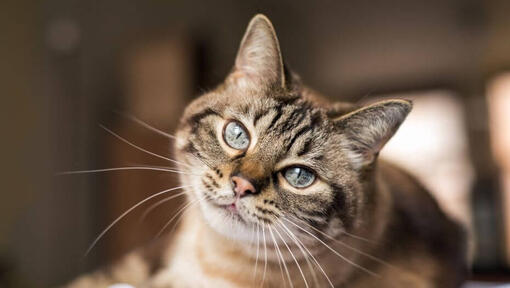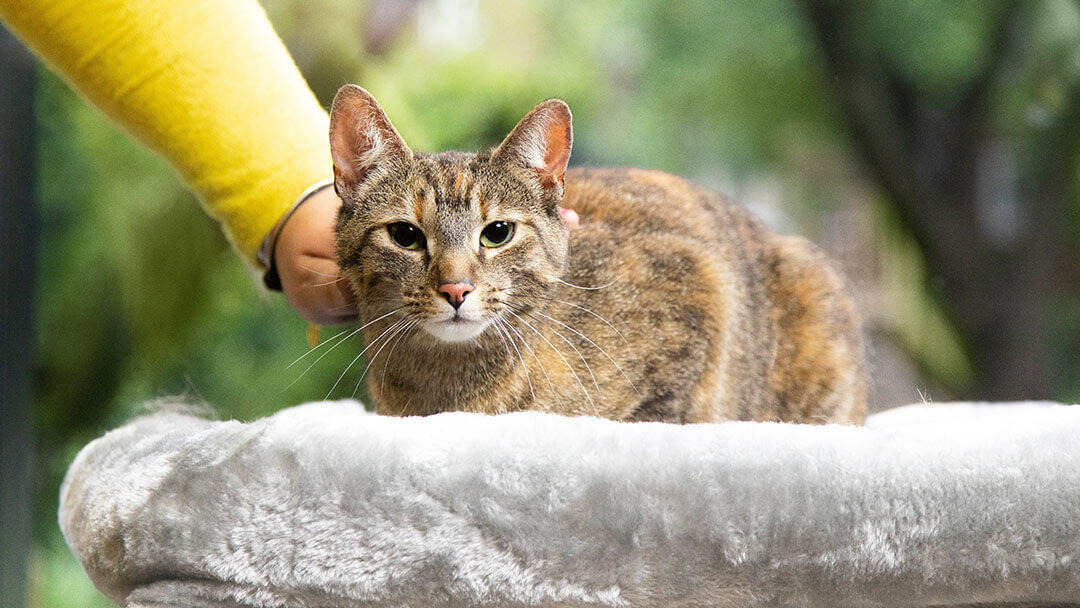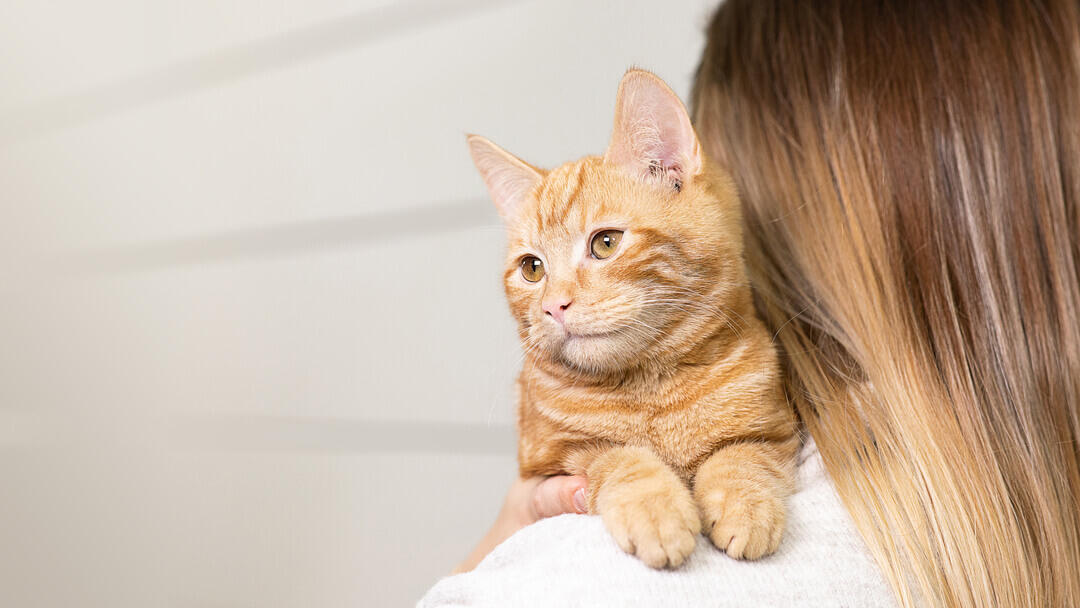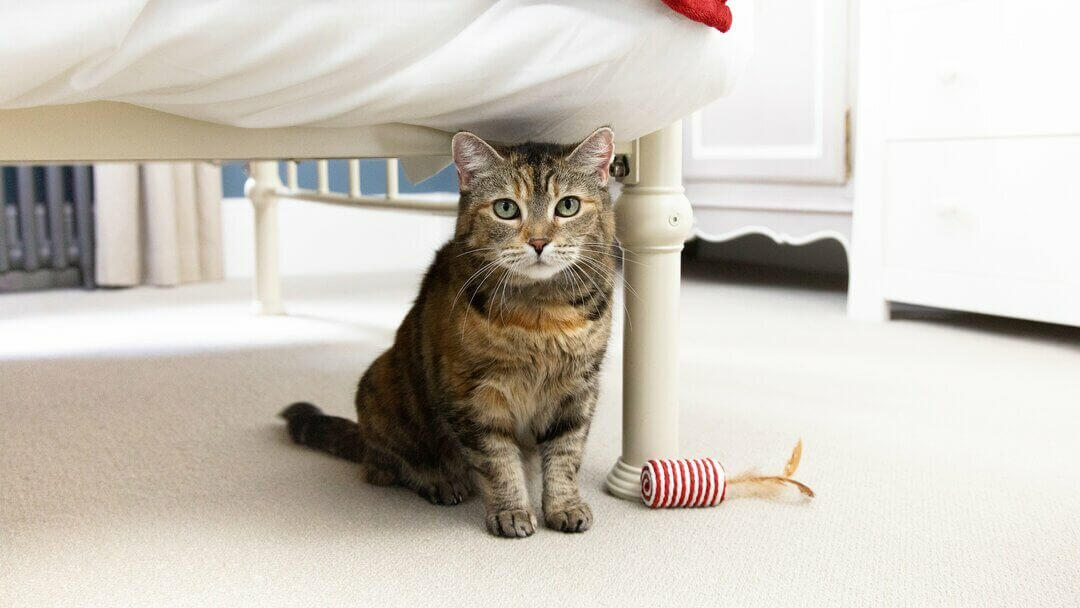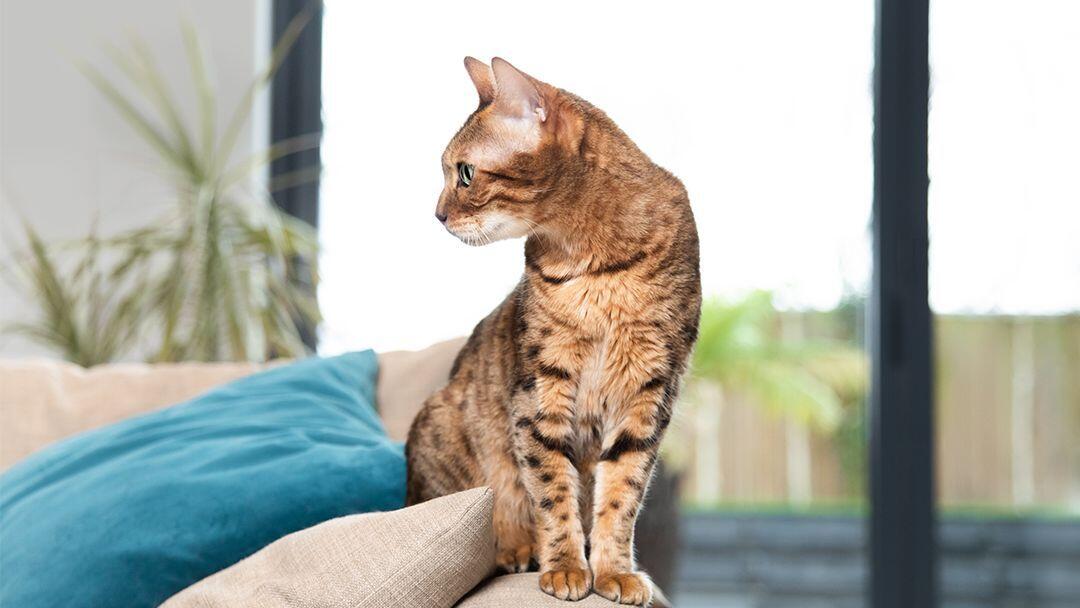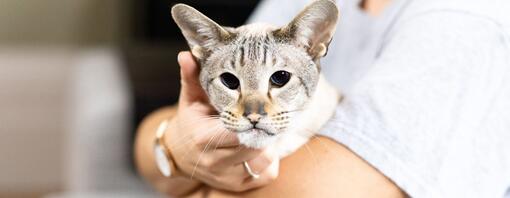
Of course not all cats go blind, and if they do they can still lead a wonderful, fun-filled life. However, if you realise your cat is going blind, there are a few changes you should make to help them out.
Your cat has a wonderful life with all the love and attention you give them, whether they spend their time prowling the great outdoors or prefer to snuggle up on your lap in the house. Despite your care, however, there are some things you can’t control as an owner, including the possibility of blindness in your cat.
What are the causes of cat blindness?
Your cat may start to lose their sight for a variety of reasons, including old age. Inherited causes of cat blindness are less common than they are in dogs, but they tend to occur more in purebred cats. For example, if you are lucky enough to have a lovely, silky Abyssinian cat, you are more likely to see blindness caused by progressive retinal atrophy (although a genetic test is available for this).
Medical causes for adult or senior cats losing their sight are more common than genetic ones. These include trauma, neurological problems, and high blood pressure.
Cats compensate for impaired vision by relying more on their remaining senses, especially smell.
How can I tell if my cat is blind?
If your older cat loses their sight, chances are it happens so gradually you won’t notice anything until the loss is total. This isn’t your fault – cats can compensate for their impaired vision by relying on their other senses. This is particularly true of their sense of smell, which is why they might happily wander up to you when you serve their meals, even if they can’t see properly.
If you think your cat might be going blind, or is blind already, keep an eye out for some telltale signs. Most obviously, cats that are going blind might bump into things, especially if they’re not usually there.
They might be startled by sudden movements on their blind side, even if it’s just a fun toy being waved for their amusement.
Cats that go blind suddenly rather than gradually might disorientated and distressed. On the other hand, you might notice something abnormal about their eye or eyes – something that’s different to usual, maybe.
If you are concerned that your cat is going blind, or you have questions about your cat's eyesight, it’s best to take them to the vet. Luckily, some conditions causing loss of sight in cats can be treated very effectively, and further loss prevented. However, always bear in mind that sudden vision loss is a veterinary emergency – if this is the case, make sure your cat goes to the vet as soon as possible.
Ways to make life easier for your blind cat
If your vet has confirmed that you cat has limited or no eyesight, there’s no reason they can’t remain safe and happy, and your bond be as great as ever. Just follow a few small steps to make sure your feline friend has the best chance of coping.
- When talking to your cat, make your speech frequent and exaggerated; this will lead to fewer surprises for them!
- Blind cats are easily disorientated, so helping them not to get lost is a priority. Keep them indoors, or with access to a secure garden, so they don’t roam too far.
- You might even want to take them out with a lead attached to their collar or harness, which many cats take to very well.
- Blind cats rely on scent and memory to find their way around, so keep their food, your furniture and their litter trays in the same place as usual.
- In some cases, you might find it helpful to show your blind cat where these resources are, so they don’t miss anything.
- If your cat is newly blind, or your blind cat is in a new environment, help them out by keeping them in a small space (such as a single room) before slowly being allowed to explore.
- Remind children not to leave toys around, as they’re easy for an unsuspecting blind cat to trip over.
- Highlight potential hazards, such as stair landings, with small amounts of lemon oil – your clever cat will soon recognise the scent and how that something’s coming up.
- If your cat wears a collar, make sure it’s a quick release one with their name, address and the phone number of a vet in case they get lost and someone finds them.
- Microchipping is also highly recommended – that way there’s more chance that if they go on an unexpected adventure, they’ll be brought home safe and sound again.
Although your cat may take some time to adjust to its change in sight, with a few changes they can still have a great life – and you’ll still share that special bond together that makes your pet so wonderful.



